I have to admit, I’m batty about bats! There’s so much to learn about bats and I have only begun my journey. Bats are remarkably individual. The babies love to be swaddled and cuddled, and crave physical contact. This, no doubt, is part of what makes the colony a cohesive group- the need for touch-affirmation that they aren’t alone. A baby bat raised by itself is a sad bat and we try to avoid that in rehabilitation.
There aren’t many bat rehabilitators in the country and as far as I know, I am only one of two operating in Georgia. This is a pity since their numbers are rapidly declining due to habitat loss and human impacts on the environment and it’s up to us to assist the ones in need.
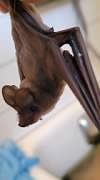
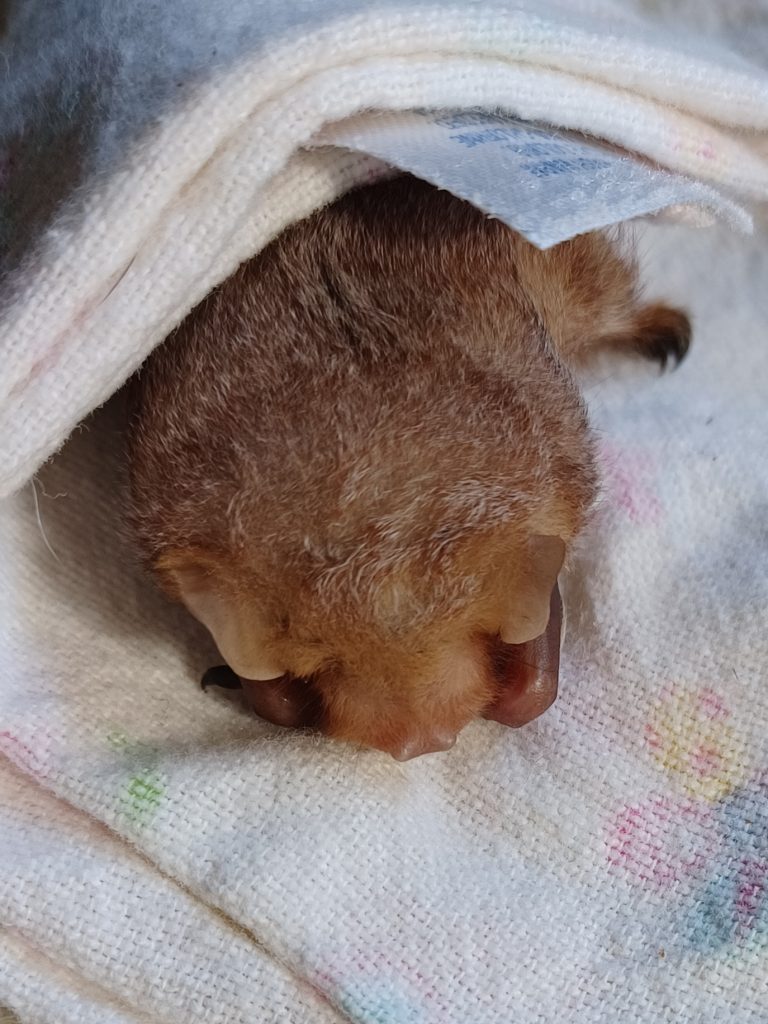
Our native bats
Georgia has 16 species of native bats. I have been lucky enough to rehabilitate Big browns, Eastern Reds, Evening, and Mexican or Brazilian Freetail bats.
Click on each species to learn more, thanks to Bat Conservation International.
Baby Bats
Baby bats are born in May and early June and stay in the maternity colony- or with their mother if they are a tree bat species- until they can fly, usually by the end of July.
Eastern Red bats
Baby Eastern Red bats develop fur early because they are a tree bat species and don’t roost in colonies. They need that fur to stay warm because it is just them and Mom out in the world.
When people find baby Red bats they often think they are older than they are because of how they look.
Crevice or Cave bats
Big Brown and Mexican Freetail bats are crevice bats. Their mothers form sometimes gigantic maternity colonies with hundreds to thousands of Moms and babies. These baby bats stay furless for a longer time than the Eastern Reds because they are kept warm by the body heat of all their cousins and friends.
Conflicts with bats
These bats are the species that people often find nesting in their attic vents, under the eaves of the house, or behind shutters.
Although they would prefer to live in a cave or a cavity of an old tree, they make do with what has been left after human impact to the environment.
This often causes conflicts with humans. However maternity colonies are protected and cannot be disturbed from April 1st to July 31st in Georgia. During this time pregnant and nursing mothers are present as well as their flightless young.
What to do when you find a bat
If you find a bat in your house, you can follow these instructions from Bat Conservation International
For more information about how you can help bats, check out Bat World Sanctuary




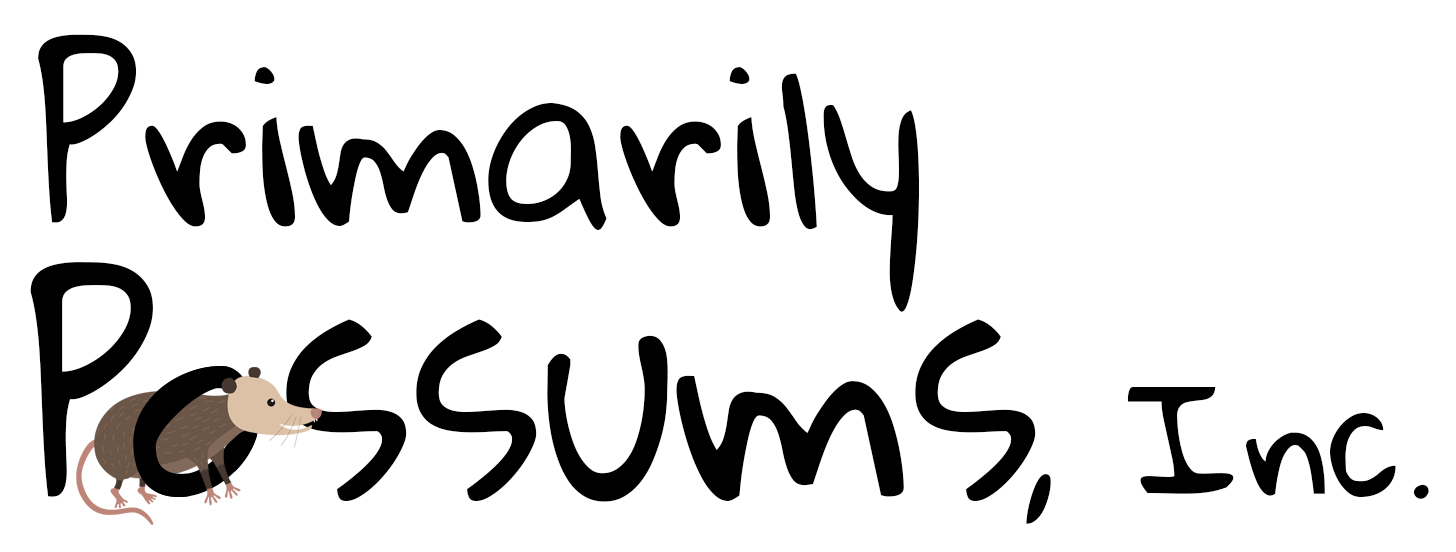

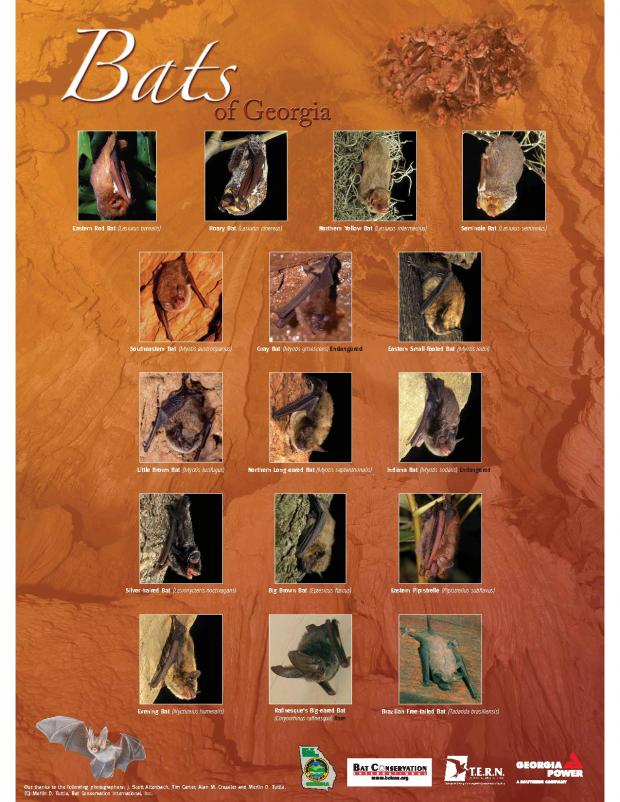
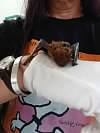
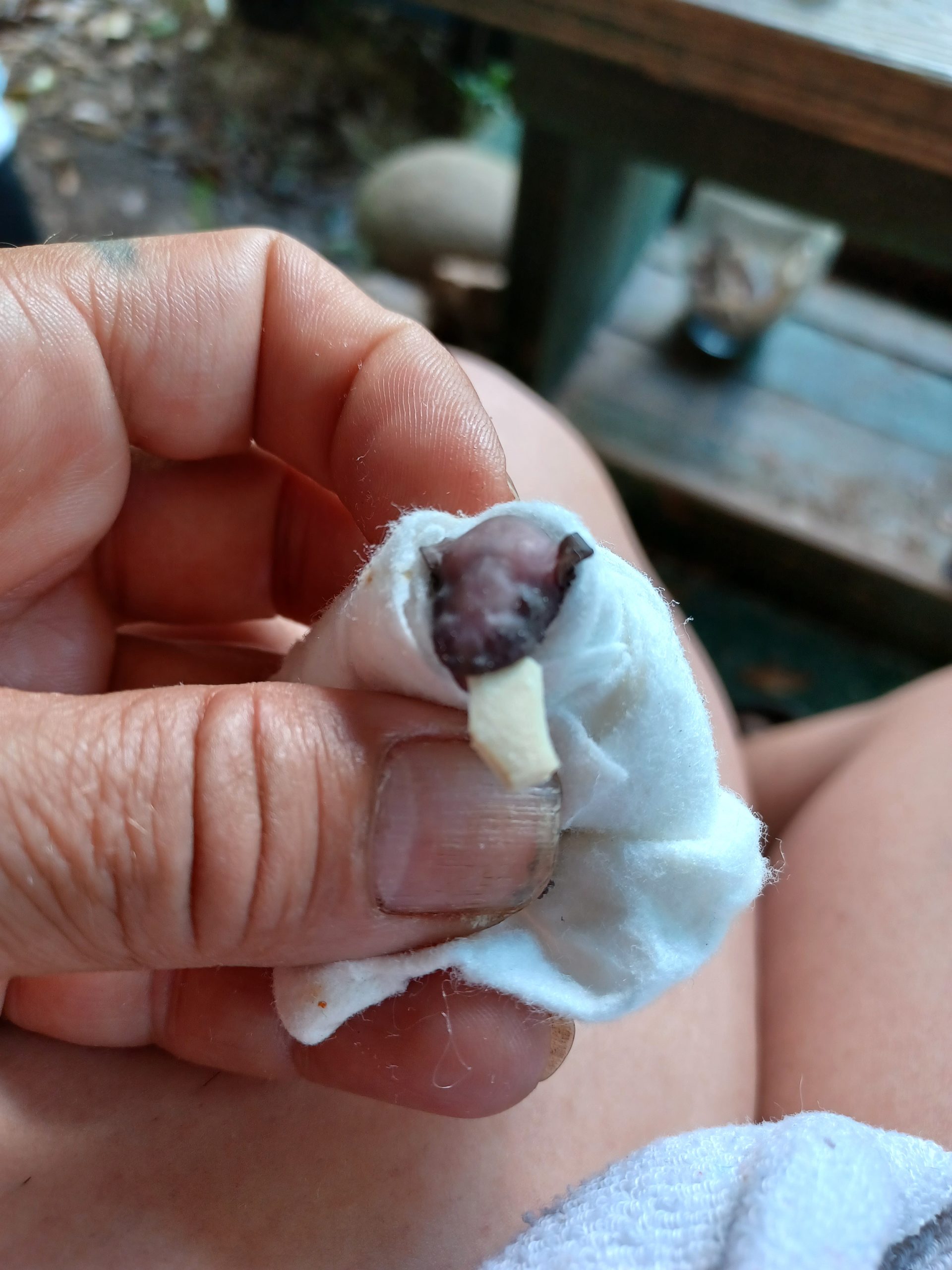
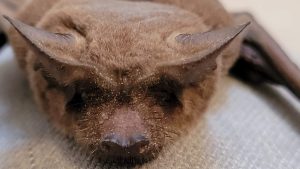
 2025 Sabbatical
2025 Sabbatical